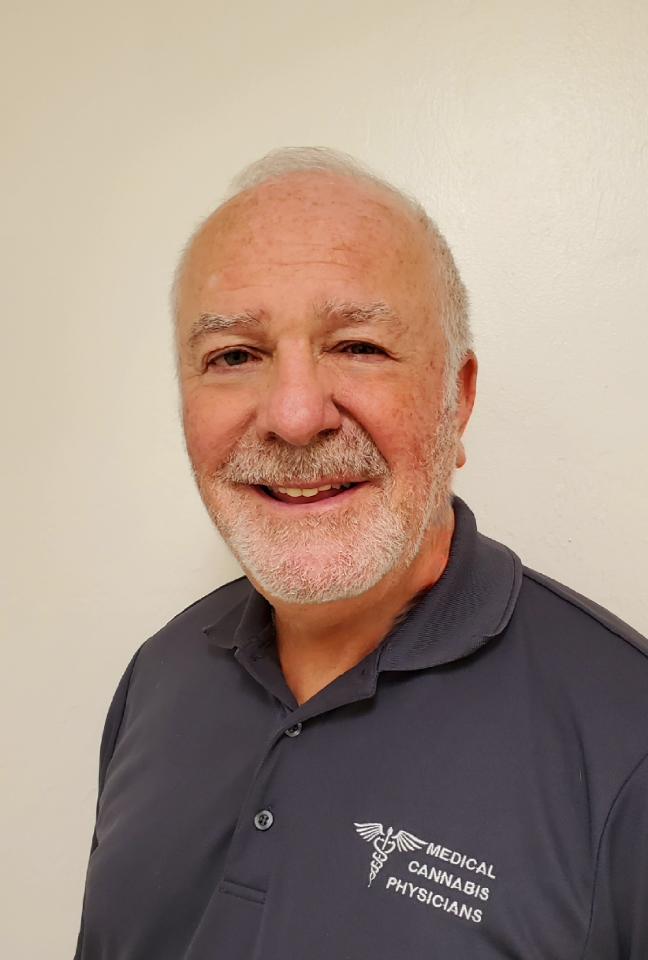By Daniel Casciato
iCare was developed with a very simple premise—that today’s healthcare organizations should focus on patient care, not software. iCare uses the latest technology and a proven clinical engine to provide users with the flexibility and ease of use they demand while providing a secure and affordable solution that is built for the future of healthcare.
“As an advanced electronic health record system, or EHR, iCare simplifies the experience for the user,” says Michael W. Kesti, Chairman of the Government Relations Group, LLC, and an expert in the EHR Market .

Kesti has 40 years experience in healthcare and has been a senior advisor to EHR companies, including developing and implementing plans, conducting competitive analyses, and reviewing and overseeing the implementation of numerous EHR systems in hospitals and physician practices across the USA.
“iCare allows any user to maneuver around through the different aspects of the system without leaving one screen, without issues of coordination, and potentially losing data,” he adds.
iCare provides a complete solution for clinical, billing and administrative functionality at a fraction of the cost of legacy software. The Enterprise Cloud Electronic Health Record (EHR) from iCare is a fresh alternative to legacy software. iCare software makes EHR implementation fast, intuitive and affordable and the result will be better patient care. This powerful cloud platform provides fully integrated EHR technology at a fraction of the price of installed traditional software.
“The vast majority of health record systems out there were developed by engineers that really didn’t understand how a physician and the physician practice operates,” explains Kesti. “Doctors were trained to follow a certain protocol or procedure as they see a patient, called SOAP notes. They take notes and go through a system. Most EHRs don’t follow that type of system so it forces the doctor to do patient encounters differently than they were trained or used to, or that just comes naturally to them. With the advanced technology that we have, doctors should be able to have up-to-date and very accurate information at their fingertips on any given patient and be able to maneuver around very quickly. iCare has basically taken the clunkiness out of the electronic health record system and made it more intuitive.”
There are several primary benefits of iCare’s EHR system, according to Kesti.
“It’s ease of use, the ease of learning how to use it, and so very little or limited training time needed,” he says. “There’s also very little implementation which is key when you ask a physician to switch their system. The iCare system takes the physician’s data and populates it into the right locations and spots. So it takes away that headache of changing.”
iCare is also reliable. It leverages secure and innovative cloud environments, available to give users peace of mind. It’s also affordable. In fact, it costs less to operate than any solution on the market.
“Another great benefit is that it’s universal,” explains Kesti. “It can be used for all different areas, from a large hospital to a multi-practice to a small practice, and in different departments in the hospital. It can cover a broad range of disciplines as well. For example, cardiologists can use it because they can easily adapt these. They have templates that they can pick from that are cardiac specific and then they can adapt them to what they want.”
Healthcare providers should be reviewing their EHR systems on a regular basis, notes Kesti.
“You should be reviewing your EHR every six to twelve months to make sure different factors are being met,” he says. If you’ve had your system for more than three years, you should assess it. You should take a look at what else is out there if it’s not meeting your needs. Most EHRs do update themselves. It’s like your phone or laptop. When do you know when you need a new laptop? You can’t wait until it stops working. You’re always assessing it to make sure your needs are met. Can you imagine, if you’re in a hospital and your EHR stops working? You can’t wait until it stops working, but before it even starts getting slow, it’s probably a sign that you need an upgrade or a new system.”
For more information, visit www.icare.com.



























